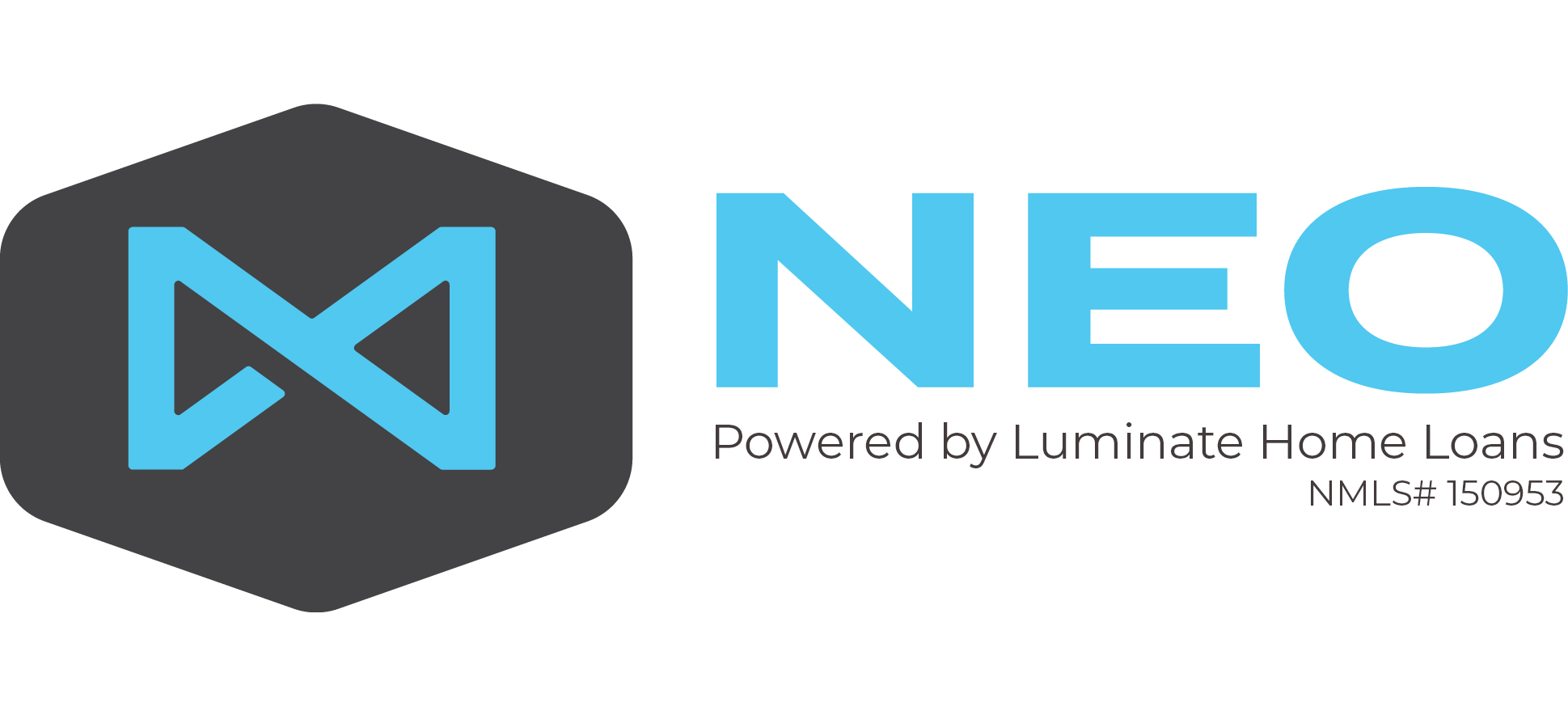Homeowners have a net worth 40X greater than renters.
Let that sink in…40X. Not just double or triple but 40 times greater net worth!
The typical homeowner has a net worth of $255,000 versus the typical renter which is just $6,300.
But why!?
Two Reasons Homeowners Have 40X Greater Net Worth
#1 Forced Savings
When you own a home you are paying your mortgage. As you do you are decreasing the balance on that mortgage increasing your equity position over time. On a month by month basis it’s not a whole lot (especially at the beginning) but it adds up over time.
The other part about homeownership is that it normally requires a down payment. Normally about 3% or more of the purchase price. When money sits in a checking account it is more likely to be used for unnecessary items but if that money is “locked up” in the home you are much less likely to use, or waste, it.
#2 Home Appreciation
Real estate values go up over time.
If you buy a home it is likely that if you sell at some point in the future the price of that home will be higher than what you paid for it.
That price/value increase builds equity.
Net Worth & Equity
When you combine the reducing balance through monthly payments and the increasing value of your home over time you build equity.
Untapped Opportunity
Your equity is “locked” in your home…until you do something about it.
So what can you do?
Sell
I am not suggesting you sell your home just to access your equity. But when you do sell you have options!
Many believe that you must roll your equity from the sale of your home into the next home. But that is not the case.
Another major benefit of your home appreciation is the tax benefits. Did you know that any net gain up to $250,000, or $500,000 for a married couple, you make on your home (after considering all costs of sale such as closing costs or real estate agent fees) is not taxable? HUGE benefit!
So, when you sell you can pocket up to $500,000 tax free which can be used for anything you want!
You can put it all towards your next home purchase to avoid mortgage insurance and keep the monthly payment as low as possible but you might want to consider other options such as:
- Paying off high interest rate debt, like credit cards
- Paying off high monthly payment debt, like auto loans
- Savings for kids college
- Saving for your retirement
- Buy a vacation home
- Buy an investment/rental property
Cash Out Refinance
Just like selling, I am not suggesting this is the right move for everyone all the time but in some situations a cash out refinance just makes sense…or cents!
Ideally, a refinance is done when market rates are lower than the rate you have secured on your mortgage. But, even if rates are higher it may still benefit you financially to consider a cash out refinance.
With a cash out refinance you might be able to:
- Paying off high interest rate debt, like credit cards
- Paying off high monthly payment debt, like auto loans
- Extend the term, reducing your monthly payment allowing you to allocate those funds elsewhere such as
- Debt Reduction
- College Funds
- Retirement Accounts
- Buy a vacation home
- Buy an investment/rental property
Second Mortgage
Second mortgages allow you to borrow your home equity.
It could be a good alternative to a cash out refinance if the numbers on a cash out refinance just don’t make sense. For example, if the market rates are higher than your interest rate than a second mortgage might just be a better solution. Instead of increasing your rate on the entire balance of your mortgage (and the amount you pull out) you would be paying a higher rate on just the cash you pull out.
But the terms of seconds mortgages are normally not as attractive as first mortgages. This might mean higher interest rates, short terms, balloon terms, adjustable rates, etc. It is important to know the terms before selecting this over a cash out refinance as the long term impact may be worse.
Home Equity Line of Credit
The best way to describe a Home Equity Line of Credit (HELOC) is to look at is as a credit card that allows you to tap into the equity of your home.
With a HELOC you don’t have to borrow on it. You can just leave it there so when you need it you can access it. When you do need the money you only pull out what you need and are therefore only paying interest on the amount you need as you need it. This is great for those doing a home remodel. Instead of pulling out, as an example, $50,000 all at once maybe you only need $5,000 for a deposit with a contractor, then another $10,000 for supplies and the rest at the end of the job. With a cash out refinance or a second mortgage you would pay interest on the whole $50,000 from the start but with a HELOC you only pay interest on the amount you need as you need it.
But, just like a second mortgage the terms can be a bit tricky. Most HELOCs are adjustable rate mortgages with interest only payments for a specified period of time (5-15 years) at which point it converts to a fully amortizing payment (principal & interest payments over a specific time period). The payments may seem attractive at the beginning but long term maybe not so much.
 Freedom
Freedom
In my book, The Point of Money, I explain that freedom is the ultimate goal.
But freedom means different things to different people. For some it could be reducing their monthly payment obligations. For others it might be expanding their investment portfolio with a rental property. Others may want the freedom to travel to a favorite destination by purchasing a second home. Your equity may help you to achieve these types of goals.
How can we help you explore your options to maximize your equity position in a way that sets you up for long term financial success we would love to help.
Call or text us at (888) 231-2444. As always, there is never any pressure or obligation. The information is free.




